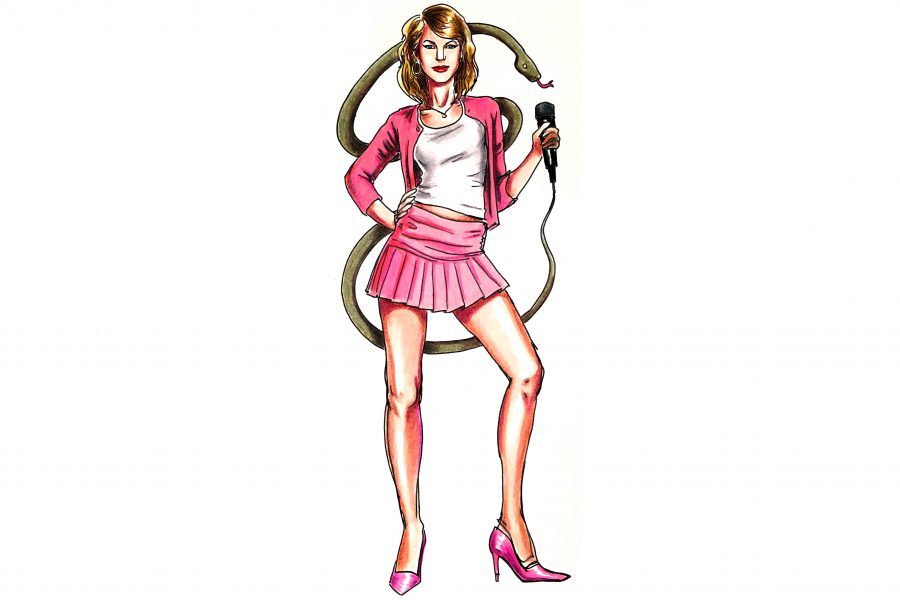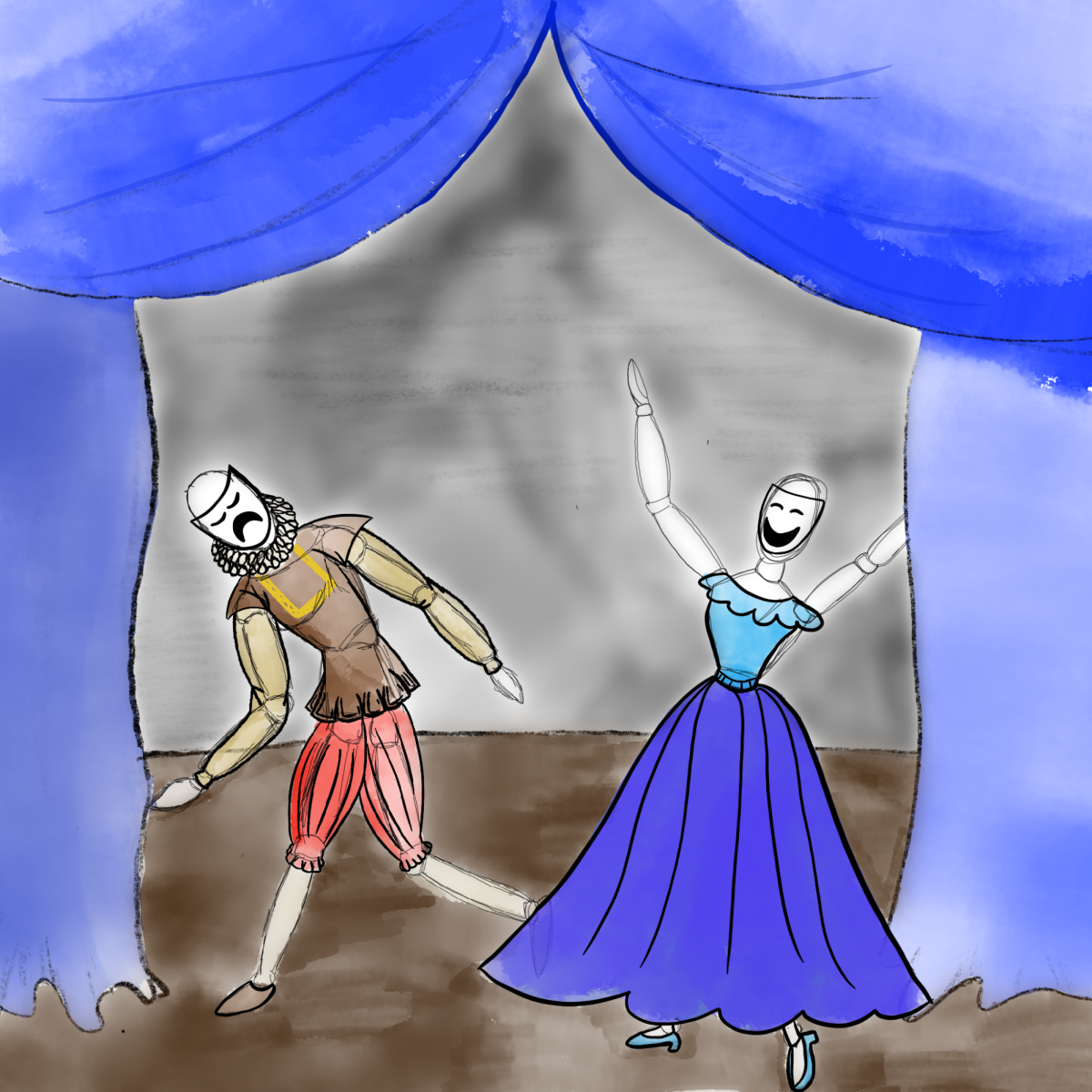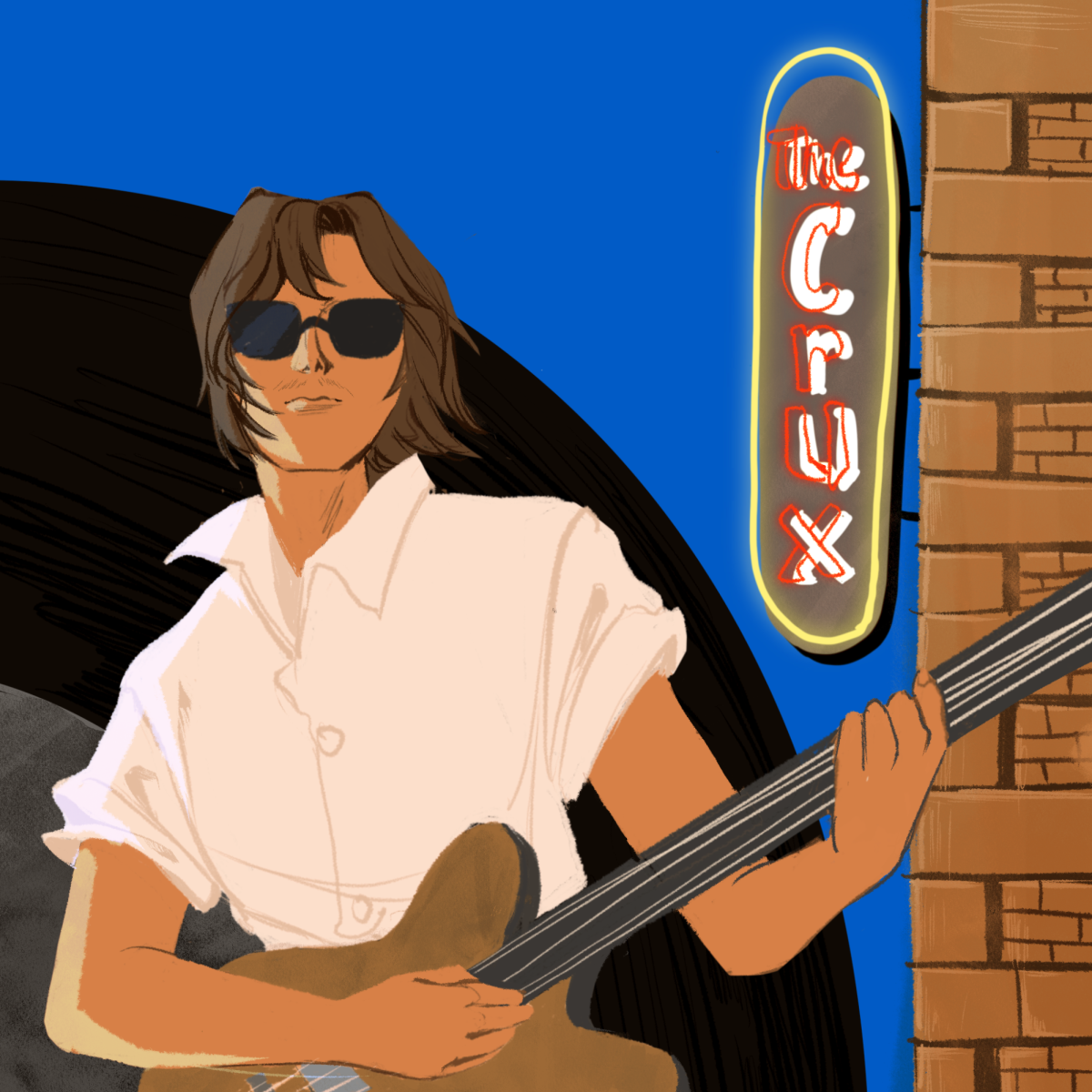From sweet country singer based out of Nashville, Tennessee, to international pop diva, Taylor Swift’s transformation has given former Swifties much to talk about.
Last Friday, Swift released her sixth album, “Reputation.” As of Monday, the album has surpassed $1 million in sales. Despite Swift’s current success, many former die-hard fans find to it hard to say she has a good “reputation.” The content an artist produces is a main factor in establishing their relationship with their fanbase, and with Swift’s transformation may come a change in her fanbase.
Corporate communication senior Kayla Reed has listened to Taylor Swift since she was 12 years old, right after the release of the now-pop star’s self-titled album. Once a positive role model, Swift’s current persona leaves Reed disappointed.
“She was kind of the epitome of what I wanted to be as a ‘Texan Girl.’ Her songs were relatable,” Reed said. “I thought she was a real person.”
Reed said Swift’s early music connected with her as a young girl going through middle school because it spoke specifically to the troubles in her young heart.
“I was like ‘Why doesn’t this boy love me,’ ‘He just won’t give me attention,’ — she (Swift) gets it,” Reed said. “Her more recent music kinda sounds like she turned into everything that I hate about Hollywood, which is just whiny and over-produced pop nonsense.”
The loss of relatability is a factor of what killed Reed’s love for Swift. Reed said part of what she and others liked about the earlier Taylor Swift was her ability to make her fans believe she understood them. Swift’s recent music fails to convince Reed that she is trying to make that connection.
While some share Reed’s sentiments about Swift, William Paterson University music and entertainment professor David Philp said Swift’s transition to pop is a decision to experiment with sound, rather than simply selling out.
“From an artist’s perspective, she did it because she wanted to do it,” Philp said. “From a business perspective, she really created a plan.”
According to Philp, a lot of planning from both Swift and those around her was done to make this image shift happen. By having a good understanding of her target audience, Philp said Swift surrounded herself with the right people and played the right shows to successfully make the leap in genres.
“She had a built-in audience who really loved her, and she spent years cultivating these audiences and has created these super fans that she has the liberty to try something different,” Philp said. “That has been successful. She’s doing it, and she’s doing well.”
But not everyone followed Taylor to pop, corporate communications senior Tristen Refuse shares Reed’s sentiments. Refuse said he became a Swift fan after her “1989” album, but her latest works have left him sorely disappointed.
“I was a fan at that point, because she got a little edgier, but it still seemed authentic,” Refuse said. “For this latest album, she seems so fake.”
Refuse attributes his falling out with Swift on her selling out to the music industry. To Refuse, her sound is no longer her own, but one that seems forced or fake.
“It just seems cookie-cutter and very super produced,” Refuse said. “At this point she’s changed (her) image so many times that none of them seen authentic.”
Philp disagrees with this idea. He said Swift’s changing sound is an inevitable phenomenon that happens to all artists when they and their fans age and change. If you don’t like Swift now, Philp said to just wait a few years, because she’s most likely going to change again.
“It’s a function of people changing and getting older and they think of music differently,” Philp said. “People just change.”





















